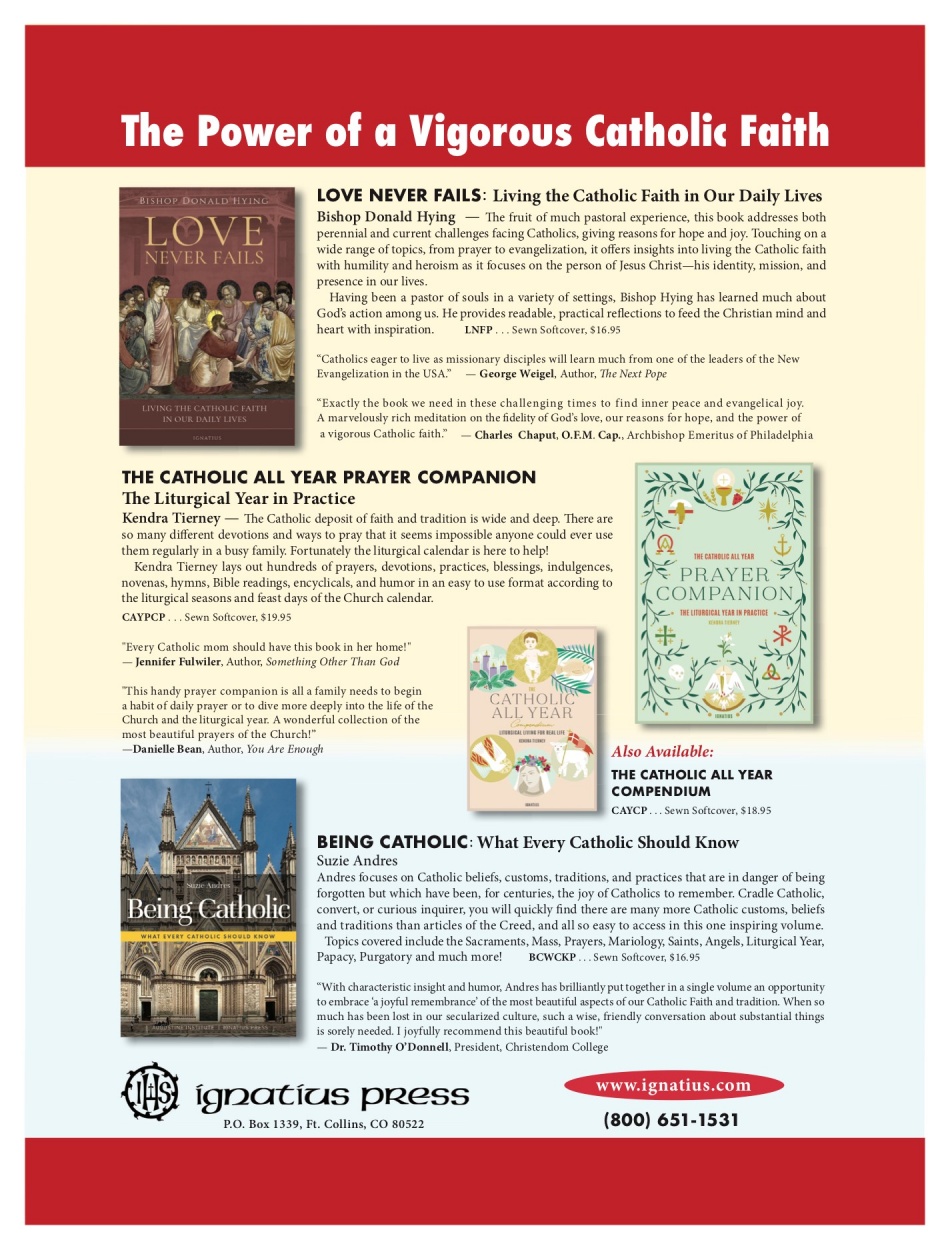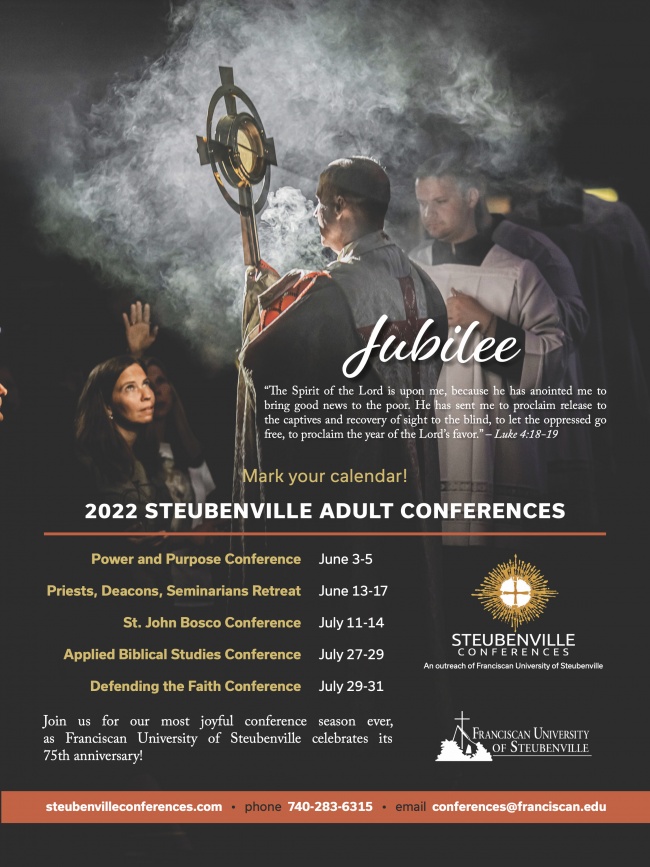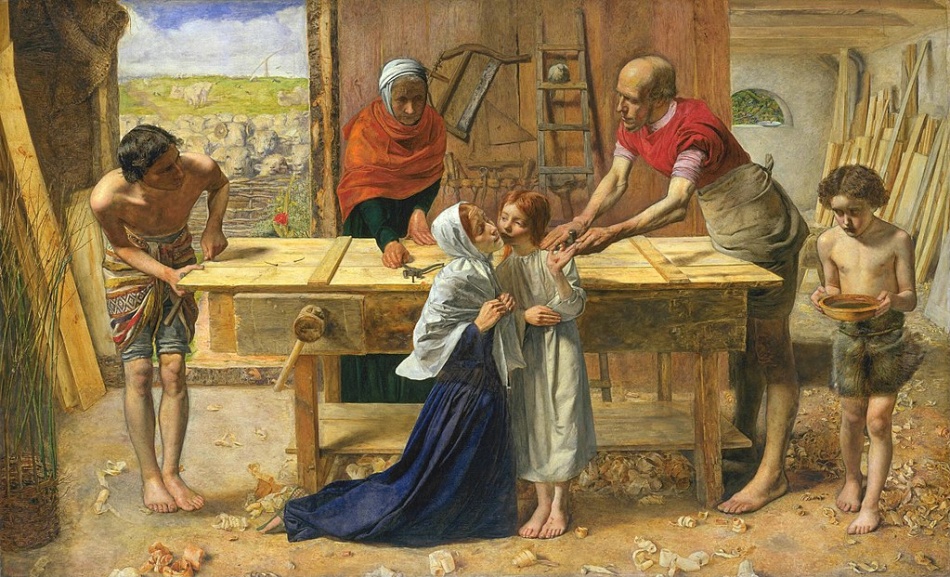The Science of Evolution in Light of the Catholic Understanding of the Human Person
A powerful narrative exists within the popular culture that the advancements of modern science pose an existential threat to religious belief. This narrative, popularized by many influential authors, argues that scientific discovery is gradually upending the stranglehold Christian “superstitions” have held over the popular imagination. Nowhere is this apparent conflict more evident than in the field of evolutionary biology. For example, Christians maintain that we are made in the image and likeness of the Creator, yet many advocates of evolutionary theory claim humans are a meaningless twig on the evolutionary tree of life.
This view holds such force that Pope Benedict XVI felt compelled to state in his inaugural Pontifical homily that “We are not some casual and meaningless product of evolution. Each of us is the result of a thought of God. Each of us is willed, each of us is loved, each of us is necessary.”[i]
[i] Benedict XVI, “Homily of His Holiness Benedict XVI” (April 24, 2005).
The Spiritual Life: “The Body of Christ” and “Amen” – What They Mean and What We Are Saying
Each year, the Church celebrates the Solemnity of the Most Holy Body and Blood of Christ. Corpus Christi: “the Body of Christ” in Latin. Of course, every Mass is a special celebration of the Body of Christ because every Mass is centered on the Eucharist. But for the Solemnity of Corpus Christi, the Church, in a particular way, invites us to be especially mindful of this mystery of faith, to embrace more fully the sublime magnificence of that which is the centerpiece of our religion, the very heart of Catholicism.
When we come forward to receive Holy Communion, we bow our heads in reverence to the gift that we are about to receive. Some people genuflect before receiving. Some people even fall to their knees in order to receive in the holy posture of kneeling. And if we receive Holy Communion on the tongue, then we open our mouths like helpless infants seeking to be fed; if we receive on the hand, then we hold our hands up like helpless beggars hoping for some charity, presenting the open hands like holy thrones upon which Jesus Christ, the King of kings and Lord of lords, will be seated when we receive him. “Lord, I am not worthy that you should enter under my roof, but only say the word and my soul shall be healed.” These words we say together, and they are the final words we speak before coming forward to receive the Lord. Because indeed, we are not worthy to receive Him. But he permits himself nonetheless to be received by us because it is only by his grace—and our words and actions done in faith in our response to his grace—that we are made worthy.
And this is pure gift, pure grace. We can do nothing to earn this, nothing to merit this, nothing to make ourselves worthy, only that we receive this precious gift in a state of grace and with proper disposition of heart and soul—humbly, worthily, and well.
Behold, the pierced One. Behold, the Lamb who was slain. Behold, the Suffering Servant, and the risen and glorified, majestic, and triumphant Lord. Behold, the Body of Christ.
Mental Prayer and the Rosary Beads: A Method of Prayer for the Laity
 Interior, conversational prayer with God—which the Catholic spiritual tradition customarily terms “mental prayer” to distinguish it from “vocal prayer,” which is recited audibly—is a key spiritual discipline without which there is little prospect for growth in holiness for the bapti
Interior, conversational prayer with God—which the Catholic spiritual tradition customarily terms “mental prayer” to distinguish it from “vocal prayer,” which is recited audibly—is a key spiritual discipline without which there is little prospect for growth in holiness for the bapti
Reaching Out to Jesus in Prayer
What Is Prayer?
When we hear the word prayer, often we think of vocal prayer, using words either handed down to us burnished by the voices of generations or the words that spring up spontaneously from the heart. Prayer takes many forms, however, and all of them are means to seek God and respond to his love, for, “whether we realize it or not, prayer is the encounter of God’s thirst with ours. God thirsts that we may thirst for him.”[1] This encounter may well happen beyond words, with gestures or in silence.
The Power of Faith
The response to God’s thirst that touches Jesus, which he praises[2] and which establishes a contact that seems to move him or even allow him to act,[3] is faith. “To those who turn to him in faith, he grants what they ask.”[4] In contrast, we find that little faith earns a reproach,[5] and lack of it, mysteriously, seems at times to hinder Jesus’ action.[6] Faith is the attitude Jesus awaits: it is what opens the door of our lives to his action and draws it down: “Prayer to Jesus is answered by him already during his ministry, through signs that anticipate the power of his death and Resurrection: Jesus hears the prayer of faith, expressed in words (the leper, Jairus, the Canaanite woman, the good thief) or in silence (the bearers of the paralytic, the woman with a hemorrhage who touches his clothes, the tears and ointment of the sinful woman).”[7] Faith moves Jesus to act.
Notes
Editor's Reflections: The Spiritual Life and Our Missionary Potential
 There have been some very good books written in the past few years centered on helping parishes to become mission-focused.
There have been some very good books written in the past few years centered on helping parishes to become mission-focused.
AD: Books on Living the Catholic Faith
To order these books and films from Ignatius Press click here. Or call 1-800-651-1531. Let them know you saw the ad here. This is a paid advertisement in the July-September 2021 issue.
This is a paid advertisement in the July-September 2021 issue.
AD: Mark Your Calendar! Summer 2022 Steubenville Adult Conferences
To learn more about the Steubenville Adult Conferences, go to https://steubenvilleconferences.com/ Registration will open at the end of January 2022.

RCIA & Adult Faith Formation: How Early May a Baptized Candidate Go to Confession?
One of the most stressful moments for baptized Protestants entering into full communion with the Catholic Church is making their first Confession. Unlike Catholics who typically need only to recall sins from a month or so, these baptized adults in RCIA must make a first Confession covering their entire lives—many decades for most. Occasionally, a zealous Protestant arrives in RCIA months before Easter asking the question, “Can I go to Confession now?”
This sets up the question: How early may a baptized candidate go to Confession? Surprisingly, very little is written on this subject. Of course, it may not be too surprising, since very few candidates are begging to go to Confession early. The question is made more difficult, though, because the Church does not specify when a candidate may go to Confession, only that one should.
Finding God in an Unexpected Place
 When John Everett Millais’ Christ in the House of His Parents was first displayed at the Royal Academy, the public response was near-universal revulsion.
When John Everett Millais’ Christ in the House of His Parents was first displayed at the Royal Academy, the public response was near-universal revulsion.
Editor’s Reflections: On Incarnational Coherence
Beneath the Basilica of the Annunciation in Nazareth is the place where tradition tells us the Angel appeared to the Blessed Virgin Mary. An altar stands in this grotto, inscribed with these words: “verbum caro hic factum est” (the Word became flesh here).


